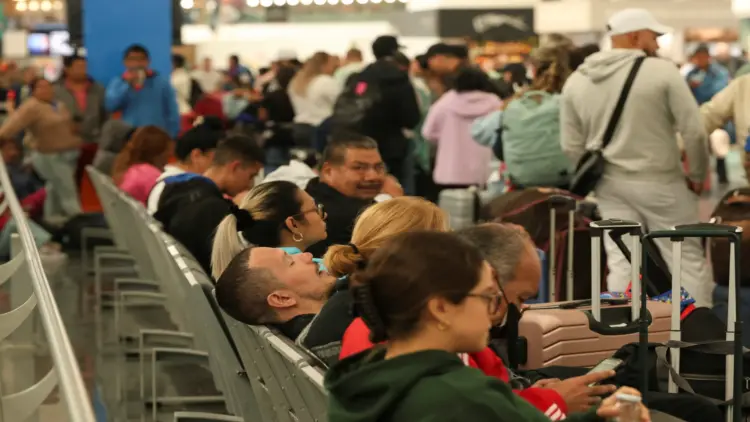Air Canada faces its most devastating operational crisis in years as 10,000 flight attendants prepare to walk off the job, forcing the cancellation of 500 flights and stranding over 100,000 passengers in a labor dispute that exposes deep-rooted inequities in airline compensation practices. This unprecedented strike action represents a watershed moment for the aviation industry, as workers demand payment for previously unpaid ground duties. The timing couldn’t be worse for Canada’s largest carrier, occurring during peak summer travel season when tourism revenues are critical.
Strike Impact and Operations
Air Canada expects to cancel the majority of its estimated 700 daily flights on Friday, ahead of a planned Saturday strike by unionized flight attendants, leaving some 100,000 passengers scrambling to make alternative travel plans.
Canada’s largest carrier said on Thursday it would cancel several dozen flights by day’s end and around 500 flights by the end of Friday, as its 10,000 flight attendants gear up to strike over stalled contract talks on higher wages and unpaid work.
Mark Nasr, chief operations officer at Air Canada, said the complexity of the carrier’s network, which operates over 250 aircraft on flights to more than 65 countries, requires it to start winding down service before cutting it completely on Saturday.
“It’s simply not the kind of system that we can start or stop at the push of a button,” Nasr told reporters in Toronto.
A strike would deliver a big blow to the country’s tourism sector during the height of the summer travel season and pose a fresh test for the ruling Liberal government under Prime Minister Mark Carney.
Passenger Impact and Concerns
Air Canada and its low-cost affiliate Air Canada Rouge normally carry about 130,000 customers a day. Air Canada is also the foreign carrier with the largest number of flights to the U.S.
Two days before the possible work stoppage, Air Canada passengers expressed concerns to Reuters over missed vacations and getting stranded abroad, and many also voiced support for the flight attendants.
David Nguyen, 28, a pharmacist on vacation outside of Cancun, Mexico, said he was worried his flight back to Toronto on Friday will get cancelled, leaving him stranded in paradise.
“If my flight does get cancelled, I think that’s where I’ll be in a little bit of a pickle because I don’t really know what my next step will be,” said Nguyen, adding that Air Canada “should just pay their flight attendants appropriately.”
Contract Negotiations and Wage Disputes
Earlier in the day, Canadian Jobs Minister Patty Hajdu urged both parties in the dispute to return to the bargaining table and reach a deal that could avert disruptions.
The dispute hinges on the way airlines compensate flight attendants. Most have traditionally paid them only when planes are in motion.
But in their latest contract negotiations, flight attendants in North America have sought compensation for hours worked, including for tasks such as boarding passengers and waiting around the airport before and between flights.
The union said Air Canada had offered to begin compensating flight attendants for some unpaid work – which the union says amounts to about 35 hours a month – but only at 50% of their hourly rate.
Government Intervention Pressure
The airline said it had offered a 38% increase in total compensation for flight attendants over four years, with a 25% raise in the first year.
Hajdu said she has agreed to a union request to respond to the airline’s call for binding arbitration by 12 p.m. ET on Friday. CUPE has previously said it opposes binding arbitration.
Air Canada’s flight attendant strike represents a pivotal moment that could reshape compensation practices across the entire aviation industry, as workers demand recognition for previously unpaid labor that airlines have long taken for granted. The massive disruption to 100,000 daily passengers demonstrates the critical role flight attendants play in airline operations and their leverage in demanding fair treatment.
GCN.com/Reuters.


